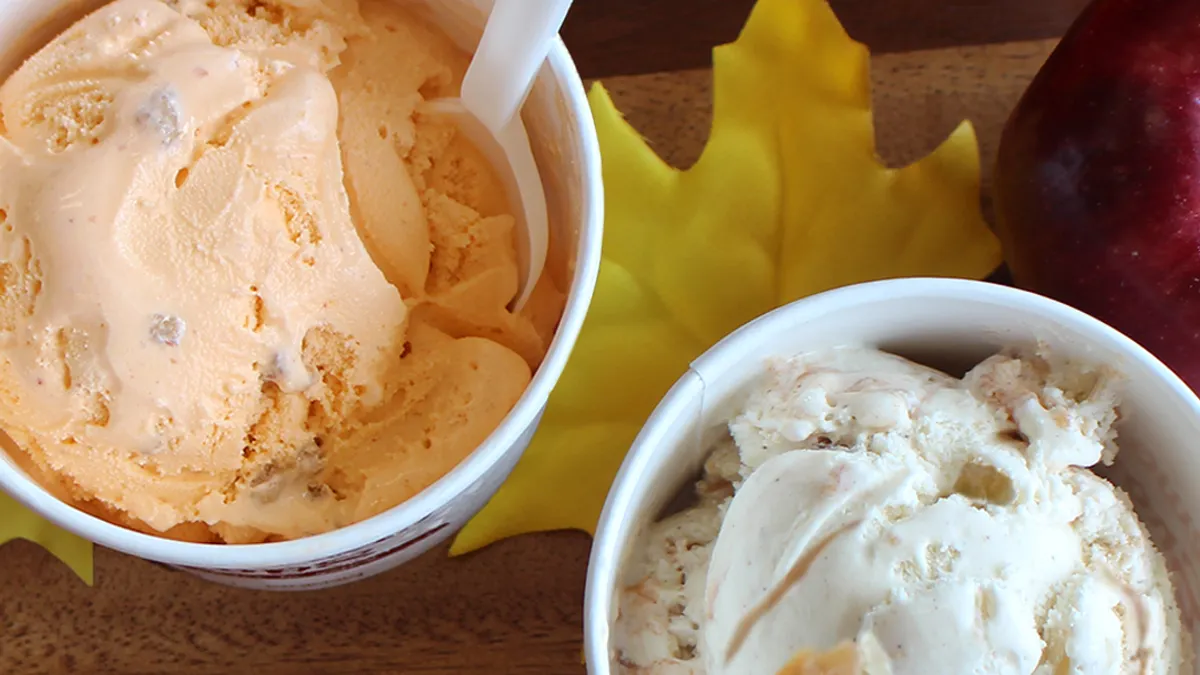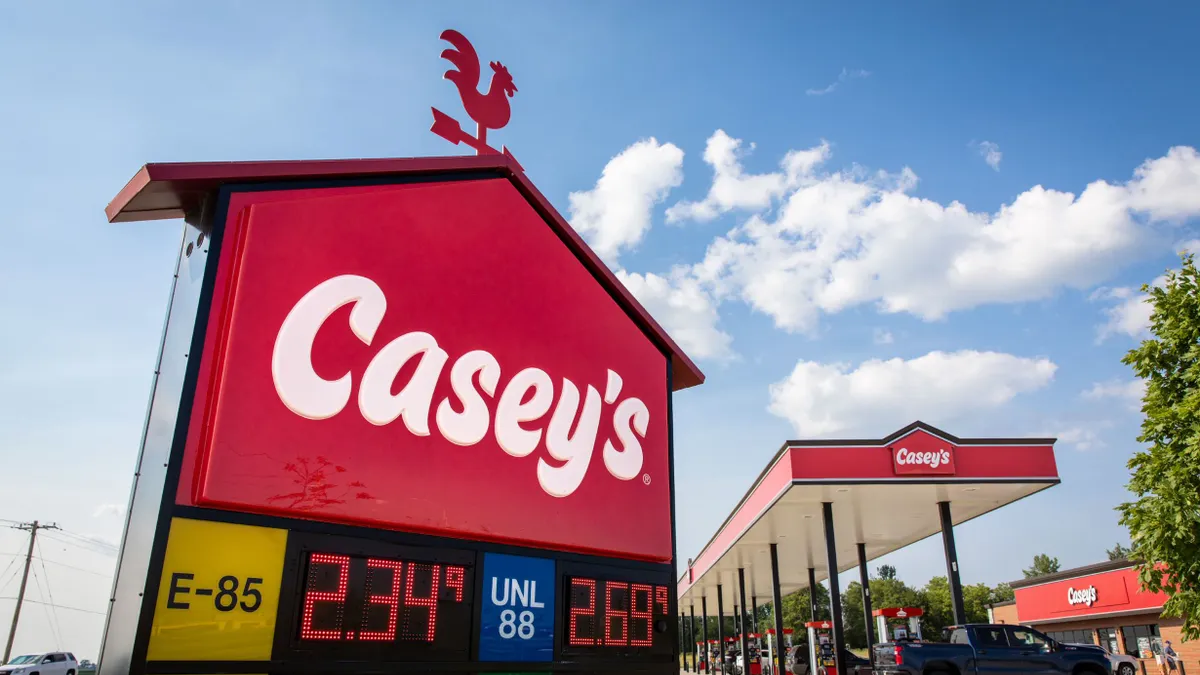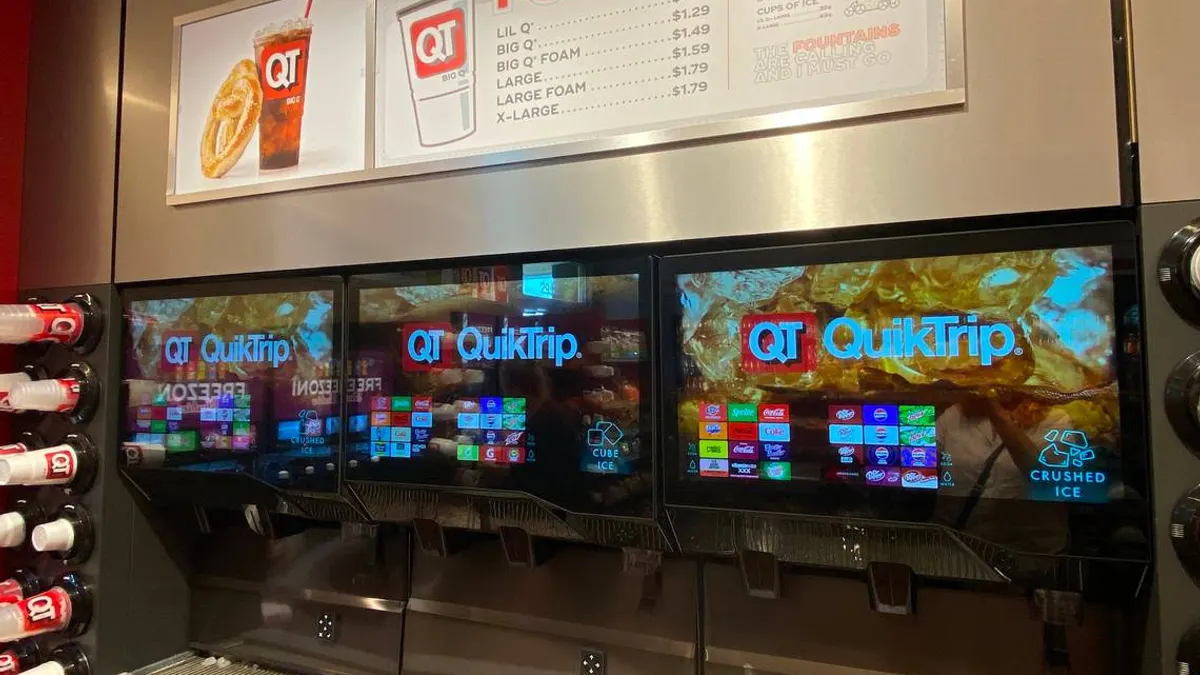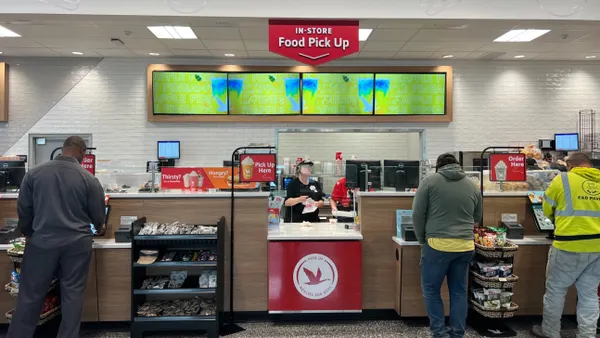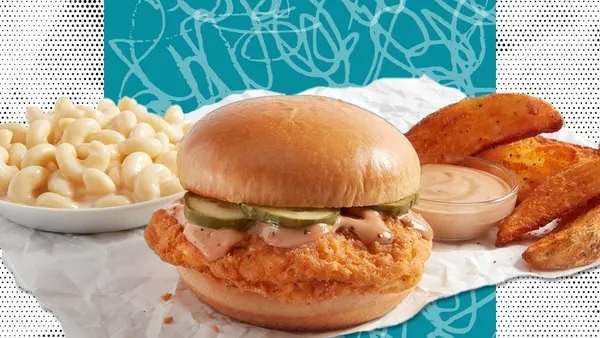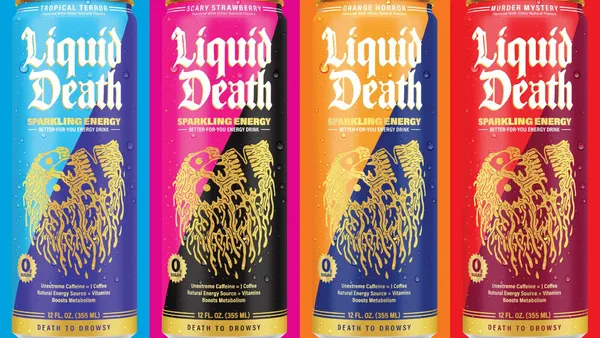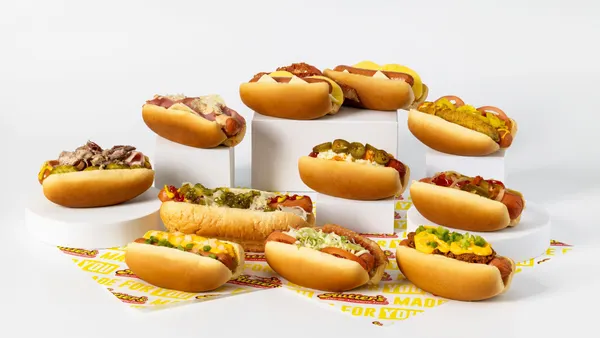For c-stores looking to stand out, offering proprietary ice cream, donuts, cookies and other desserts can be a profit-generator that helps set those operators apart from competitors, but also sports inherent challenges.
BP execs say its fresh-baked donut offering give it a leg up in the marketplace. Operating its own bakery allows the company to develop unique recipes with signature flavors shoppers can only buy at its locations, said Greg Ruffoni, head of Company Owned Company Operated stores for BP.
The company also strategically utilizes the donuts in food-beverage crosspromotions, such as $5 for a Wild Berry Donut and a can of Wild Berries Red Bull.
Because they are delivered within hours of baking to more than 100 Thorntons and TravelCenters of America sites daily, customers have “maximum freshness with every donut,” Ruffoni added.
BPis now looking to add a fresh-baked cookie program as well, Ruffoni said.
“The benefit to a proprietary program is the uniqueness of the offerings and the ability to leverage more effectively white spaces in addition to increasing the profit margins for the operators,” noted Maeve Webster, president of strategic food consulting firm Menu Matters. They can draw in customers looking for those unique offerings — especially with high-quality products or items with new twists on flavors.
Stewart’s Shops, which operates over 350 c-stores across New York and Vermont, is known for its award-winning proprietary ice cream program, with unique flavors that change seasonally. This spring, it launched several new flavors, including strawberry shortcake, dirt cake and a relaunch of its Star Glazer flavor, which features malt chocolate ice cream with caramel swirls and chocolate caramel cups. Its proprietary dairy products earned the retailer awards at the World Dairy Expo last year as well.
TXB’s fresh bakery program includes cookies, donuts, muffins and Cream Cheese Danish along with an “alternative” sweet menu of parfaits in flavors such as blueberry, strawberry, chocolate and banana, said Brand Manager Abby Curlin.
“Our guests consistently mention how much they appreciate the sweet treats we offer, and we take all feedback seriously,” Curlin said. The program is successful because of TXB’s focus on freshness and flavor.
“There are always challenges with carrying [fresh baked goods], but the positive feedback from the community assures us the effort is worth it,” Curlin said.

Challenges for custom dessert programs
Making desserts or baked goods in-house is much harder on retailers than buying them from CPGs. First, they need to have the space and capital to operate a bakery or create their own ice cream.
Once that’s in place, retailers must navigate the difficulties of creating a baked dessert and frozen proprietary offering and compete with well-established brands. That’s a tall order, as these competitors have developed brand loyalty and spent considerable dollars in marketing in the frozen category, said Webster.
"Consumers know what to expect from these brands, they often benefit from nostalgia (depending on the brand) and have well-established distribution,” she said.
While some branded ice cream companies provide operators with freezers and equipment which cuts down on implementation expenses, those brands are probably so ubiquitous that they offer no competitive differentiation and no ownable space or innovation, Webster explained.
Building a better program
Operators that want to offer a proprietary frozen treat program should focus on innovative, indulgent offerings, according to Webster.
“Today's innovative c-stores are going all-in on over-the-top ice cream offerings that feature lots of candy inclusions and toppings, which fit right into the c-store brand,” she said. “It's not uncommon to see a build-your-own ice cream bar, a hand-dipped ice cream station where you can have that ice cream turned into a frozen coffee treat, or even a gelato bar.”
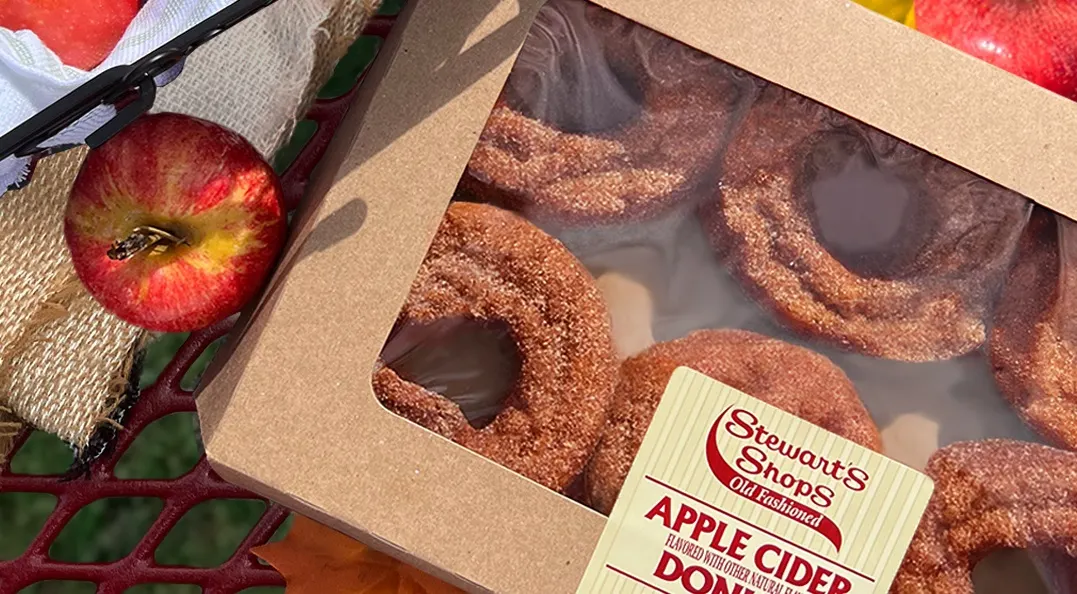
Also, chains shouldn’t be afraid to cross categories, experts said. C-store operators could think through how ice cream and frozen yogurt offerings can be combined with beverage programs for new innovations, suggested Mike Kostyo, vice president of Menu Matters.
“Consumers continue to seek out over-the-top, interesting beverages that often blur the line between frozen treat and beverage, so there is a natural synergy here for the c-store operator,” he noted.
7-Eleven is one c-store chain latching on to that trend, with two new Slurpee-related LTOs: the Peace Tea Caddy Shack Slurpee, a blend of lemonade and tea flavors, and the blue raspberry Slurpee-inspired flavor of Mini Melts beaded ice cream. Plus, a new Fusion Energy beverage flavor takes inspiration from Rocket Pop frozen treats with its cherry, blue raspberry and lemon flavors.
Webster also expects to see more avant-garde flavor launches in the future.
"Think spicy-sweet ice creams, or Asian-inspired flavors like miso or pandan,” she said.
Operators need to be honest about the ability of their innovation team, as well as their unit-level teams, to effectively and consistently deliver on these products if they want to implement a custom program, Webster said. “It’s also important for operators to understand their customer base and that base's interest in and willingness to experiment with new flavors before embarking on innovation.”
A strong white space assessment project will help c-stores identify the ownable, competitively differentiated categories and areas, where they can focus their development.
“Offering what every other competitor — within and outside the convenience store space — is not going to gain them much,” Webster said.
Ruffoni noted that a primary challenge BP found with baked dessert programs is to accurately forecast demand to ensure “we always have plenty of donuts to serve our guests but without driving waste at the end of the day.”



